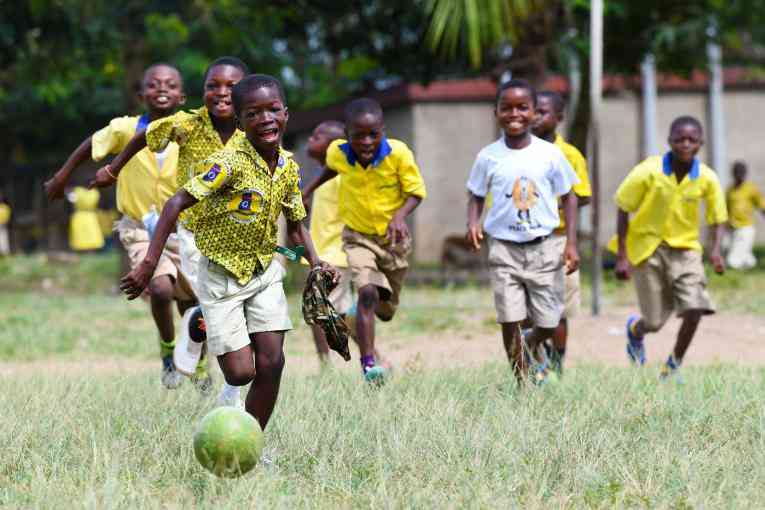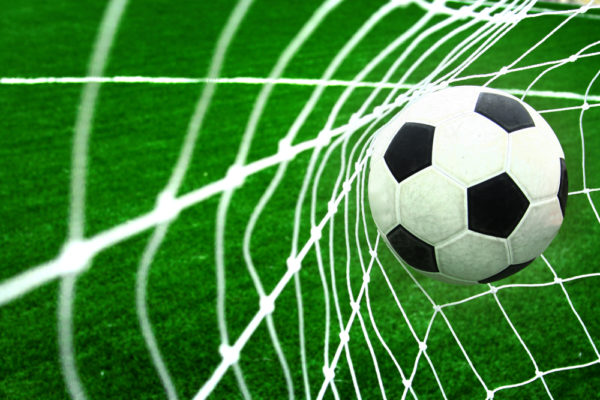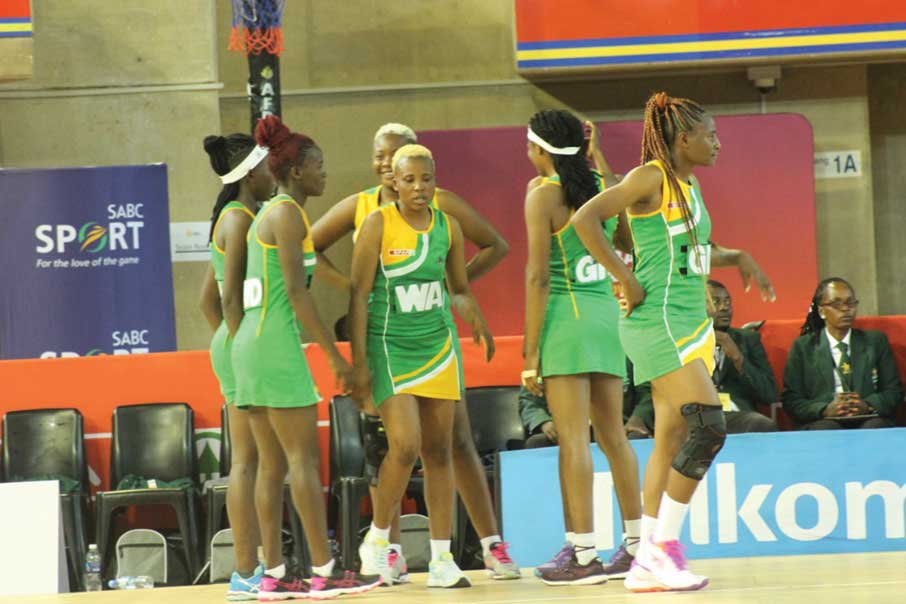
THERE used to be great enjoyment in the series of jokes centred on the opening remark that, “Waiter, waiter, there’s a fly in my soup”. The waiter’s responses varied from “No, sir, that’s a cockroach; the fly is on your steak” to “Keep it down, sir, or they will all be wanting one” and “It’s okay, sir, there is no extra charge.”
None of us will be particularly keen to have a fly in our soup, but many of us would probably like to be a fly on the wall, an unnoticed observer, especially in our child’s lessons. It would be wonderful to witness first-hand precisely what our child is being taught, how she is being taught, how her peers are performing, how the children interact, what work is set, what the discipline is like, what fun is had, what resources are available, what rest is afforded, and much more. We do not do so, though.
Interestingly, most of us would probably not wish to have to teach the children, to ensure the children are developing, to assist them in their interactions, to set (and mark) the work, to instil discipline in all these children. We would rather just be very happy to sit and watch, up here on the wall, thank you very much! In doing so, the vast majority of us would be entirely happy with and encouraged by what was witnessed.
However, being a fly on the wall and seeing things with which we may not be happy, we may well be tempted to react in a similar way to anyone in a restaurant who found there was a fly in their soup; we complain. The difficulty with a fly is that it wants to fly in and be active. In a similar way, we as parents would not be content simply to watch if we did not like what we saw; we would end up not just off the wall, but in the soup! There lies a real problem.
The same might also be said if, just imagine, we were allowed to be a fly on the wall in our children’s tests and indeed examinations. We may well want to discover how they handle the pressure of the exams, how they cope with difficult questions, how they phrase their answers. We may want to know how they are doing and how we can help.
But again, how difficult it would be to stay on the wall in such circumstances and not fly in, to offer support, encouragement and help! How difficult it would be not to give her the answer when we know how important it is, when we see how strained she is, when we know how obvious it appears to be for us! We want her to excel and we want to enable her to excel.
However, we cannot do so! We cannot help our child in her examinations, nor do we help her in her classes. Such flies will be swatted or sprayed!
On the sporting front, we may also like the idea of being a fly on the wall of our child’s sports practice sessions, but the same principles and warnings identified above apply. We might, though, get a glimpse of what is being coached in a training and practice session while we wait in our car or stand in the shade of the trees, waiting for the session to end. We may be a fly in the bush.
- School of sport: A fly on the wall
- ‘Zim health sector in dire straits’
- You no longer need a password to sign in to your Google account
- Non-executive directors fees, retainers
Keep Reading
Yet, intriguingly, we do get to be a fly on the wall of the sports field; we are probably not aware how much of a rare privilege parents have in watching their children’s sporting fixtures; we say, “intriguingly” because in being able to do so, they are in effect sitting in the examination hall, because the sporting fixture against another team is an examination of what the children have learned during the week or term.
Now, as we have been reminded, children are not allowed any assistance of any nature in an examination so the same principle should apply with regard to a sporting fixture. As parents we cannot give instructions to the children (not least as often they are contrary to the coach’s instructions – and wrong!). It is an exam!
The sporting fixture is not there for the parents’ entertainment, but for the children’s education and in particular their examination. We need to let them discover how they cope with pressure, on their own, unassisted.
Would we like to be a fly on the wall? Of course! The reality is that we are not content simply to be a fly on the wall; we want to be in the soup! Yet that spoils the soup, the whole meal, the experience of being there and maybe even our child’s health. Not to mention the fly!
Remember - flies can be real pests – irritating, interfering, spreaders of disease! We are all well advised to call the waiter over when we discover them in our sports. They are best left on the wall. That is no joke!
Tim Middleton is a former international hockey player and headmaster, currently serving as the Executive Director of the Association of Trust Schools Email: ceo@atschisz.co.zw










